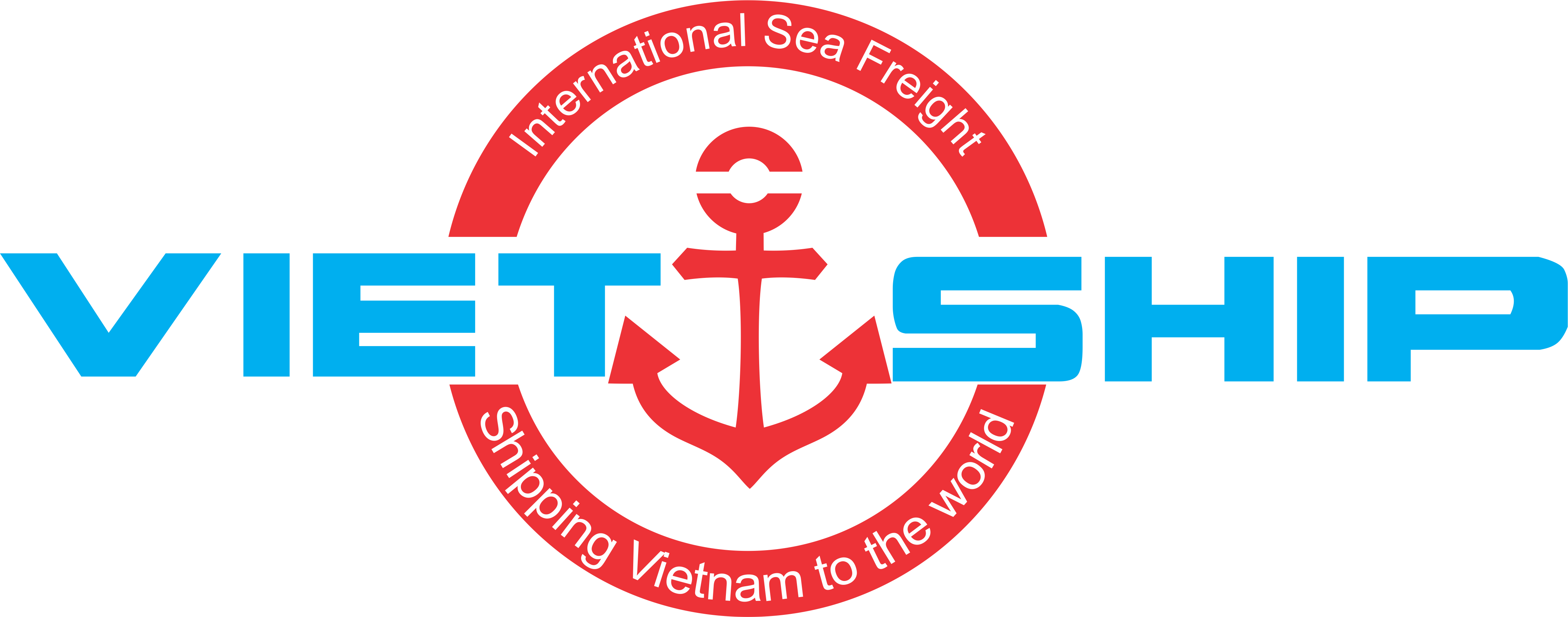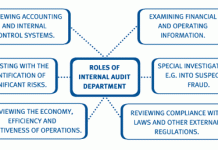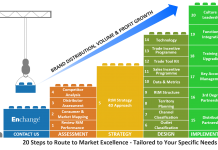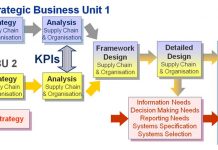Table of Contents
Key Concepts and Benefits
Supply Chain Management plays a vital role in ensuring that products or services are delivered to customers in the most efficient and cost-effective manner, high-quality standards.
Concepts
-
The visibility and transparency of the entire supply chain.
This means that all stakeholders, including suppliers, manufacturers, distributors, and customers, have access to real-time information about the status and location of products as they move through the supply chain.
This visibility allows for better coordination, communication, and decision-making, leading to improved efficiency and reduced lead times.
2. Collaboration and integration among supply chain partners.
Collaboration involves sharing information, resources, and responsibilities among different entities in the supply chain, leading to better coordination and synchronization of activities.
Integration, on the other hand, refers to the alignment of processes, systems, and strategies among supply chain partners to achieve common goals.
Collaborative and integrated supply chains can result in improved responsiveness, flexibility, and resilience, which are crucial in today’s dynamic business environment.
BENEFITS
1. Cost reduction
By optimizing transportation, inventory, and warehousing, businesses can minimize costs associated with holding excessive inventory, stockouts, transportation delays, and other inefficiencies.
Improved visibility and coordination in the supply chain can also lead to better demand forecasting and planning, reducing the risk of stockouts or overstock situations.
2. Customer service
Efficient supply chains enable faster order processing, shorter lead times, and on-time deliveries, leading to higher customer satisfaction.
SCM can also help businesses respond to changing customer demands, such as customization or personalization, by facilitating effective communication and coordination among supply chain partners.
3. Sustainability and corporate social responsibility
By optimizing transportation routes, reducing waste, and promoting environmentally-friendly practices, businesses can minimize their impact on the environment and contribute to sustainable development.
SCM can also help ensure that suppliers comply with ethical and social standards, such as fair labor practices and responsible sourcing.
Conclusion
Supply chain management is a critical aspect of modern business operations that involves the coordination and management of activities throughout the entire supply chain.
It encompasses key concepts such as visibility, collaboration, and integration, and offers a wide range of benefits including cost reduction, improved customer service, and sustainability.
Understanding and implementing effective SCM practices can give businesses a competitive edge in today’s global marketplace.
If you’re looking to optimize your supply chain, contact us at VIETSHIP, a trusted partner in supply chain management solutions.
Trucking services from Hanoi to Vieng Chan










































